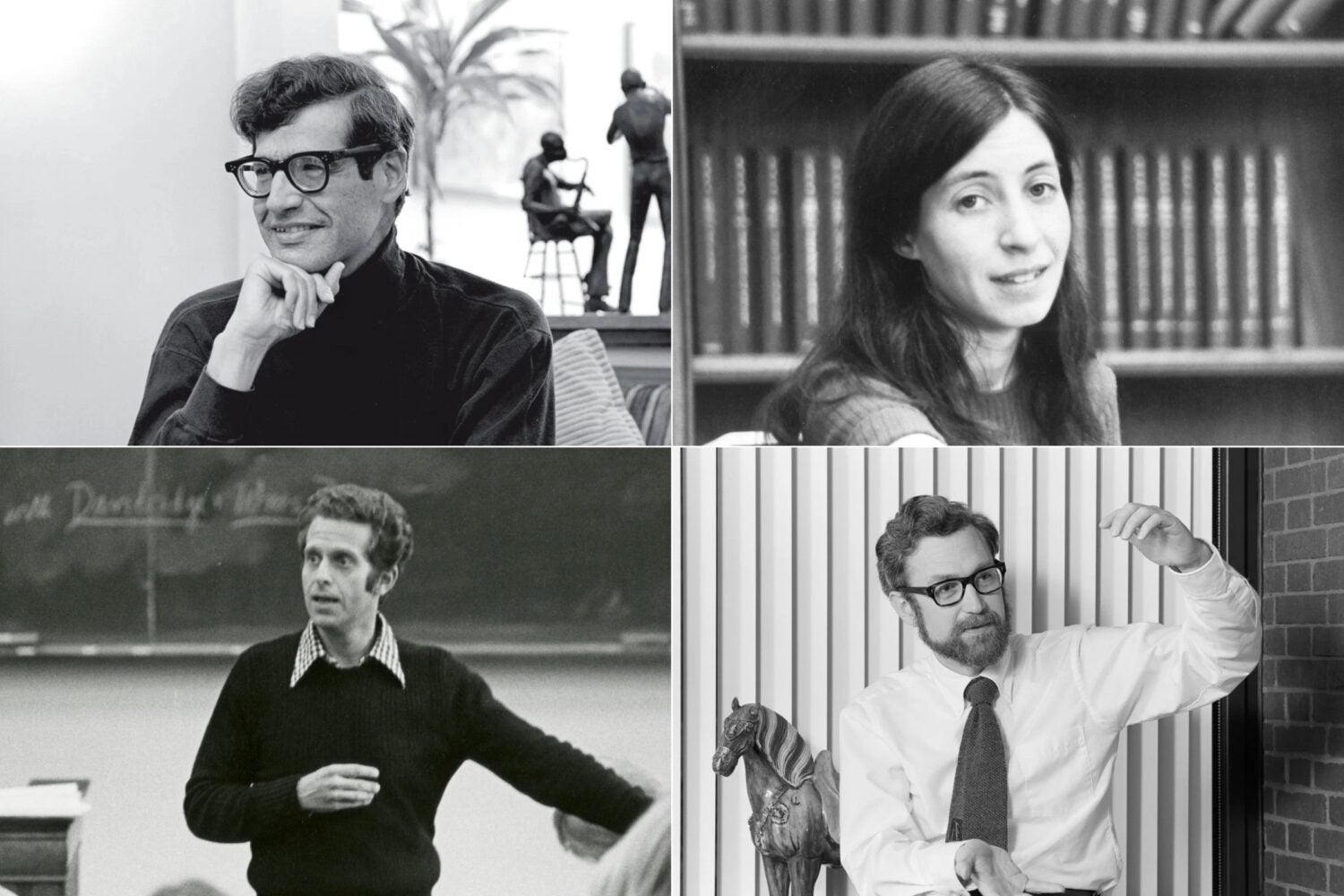Harvard Law School is a special place for many reasons, but perhaps its greatest strength is its people: the professors, teachers, advisors, mentors, leaders, and other role models who champion our students from the day they begin their academic journey until they cross the graduation stage — and often long afterward.
As the academic year gets underway, we asked a few distinguished alumni to share stories about the educators who shaped their path through law school, careers, and beyond.
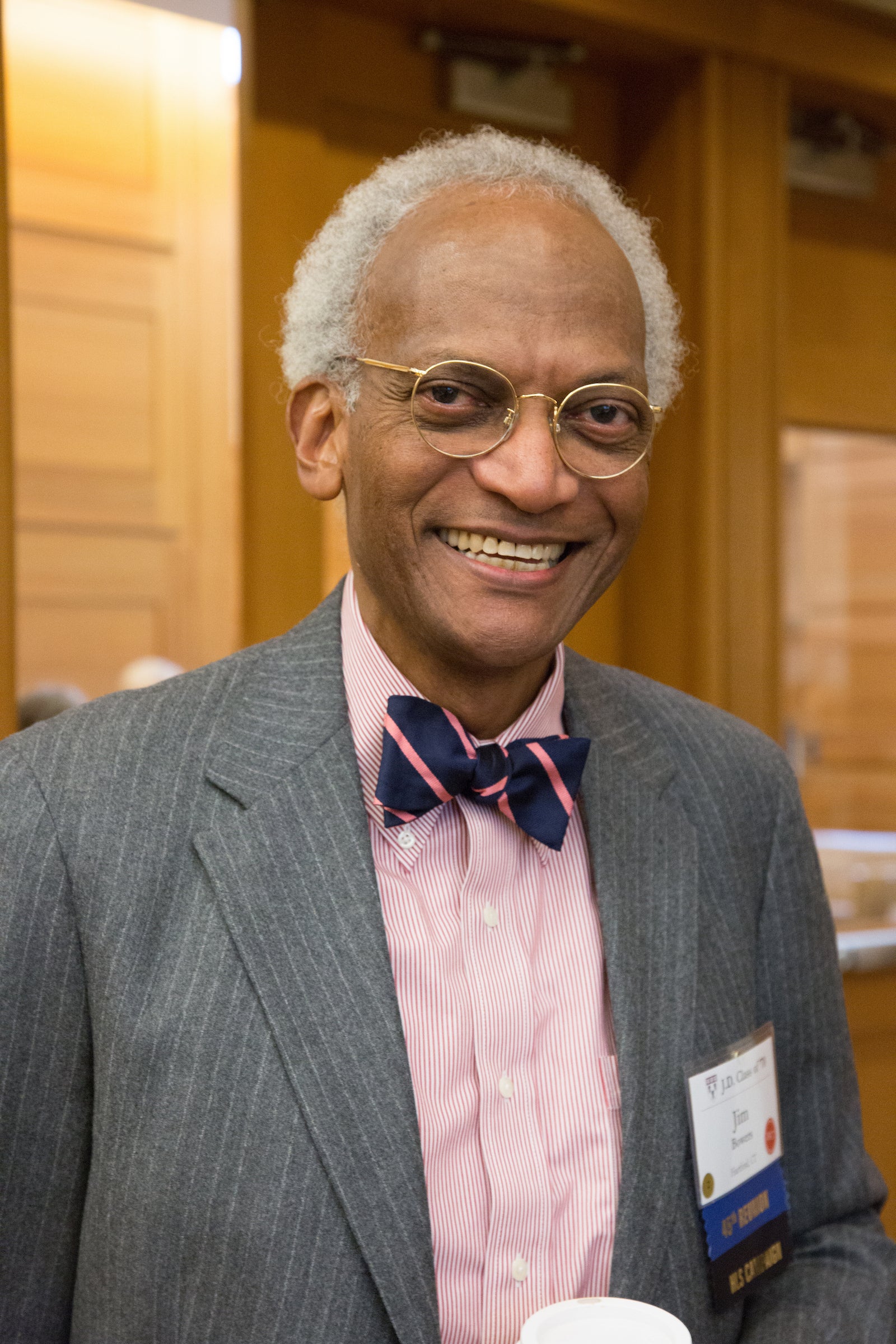
James Bowers ’70
Expert in corporate compliance and first full-time African American professor at the University of South Carolina School of Law
Professor Clark Byse had a lasting impact upon me. He taught me Contract Law. I recall the fear of being called upon in class to analyze the case being studied. After a year of study with Professor Byse, I wrote him a tribute at the end of my exam paper quoting one of Dag Hammarskjöld’s reflections. Professor Byse was touched by that tribute and was moved to leave his office while correcting exams to seek me out and express a word of appreciation for my gesture of thoughtfulness.
In 1973, I taught Contract Law at my undergraduate alma mater, University of South Carolina, as the first full-time African American law professor in its history. I modelled my course after the Socratic teaching style of Professor Byse. I wrote him and told him about my accomplishment, and his return response was: “keep spreading the gospel.” Over the years, I maintained a relationship with him, touching base when I was in Cambridge. Knowing my interest in legal education, in 1986, he sent me a copy of an article he authored titled “Fifty Years of Legal Education.” At the top of the article, he affectionately wrote: “For Jim Bowers, one of my all-time favorite students. Clark Byse.”
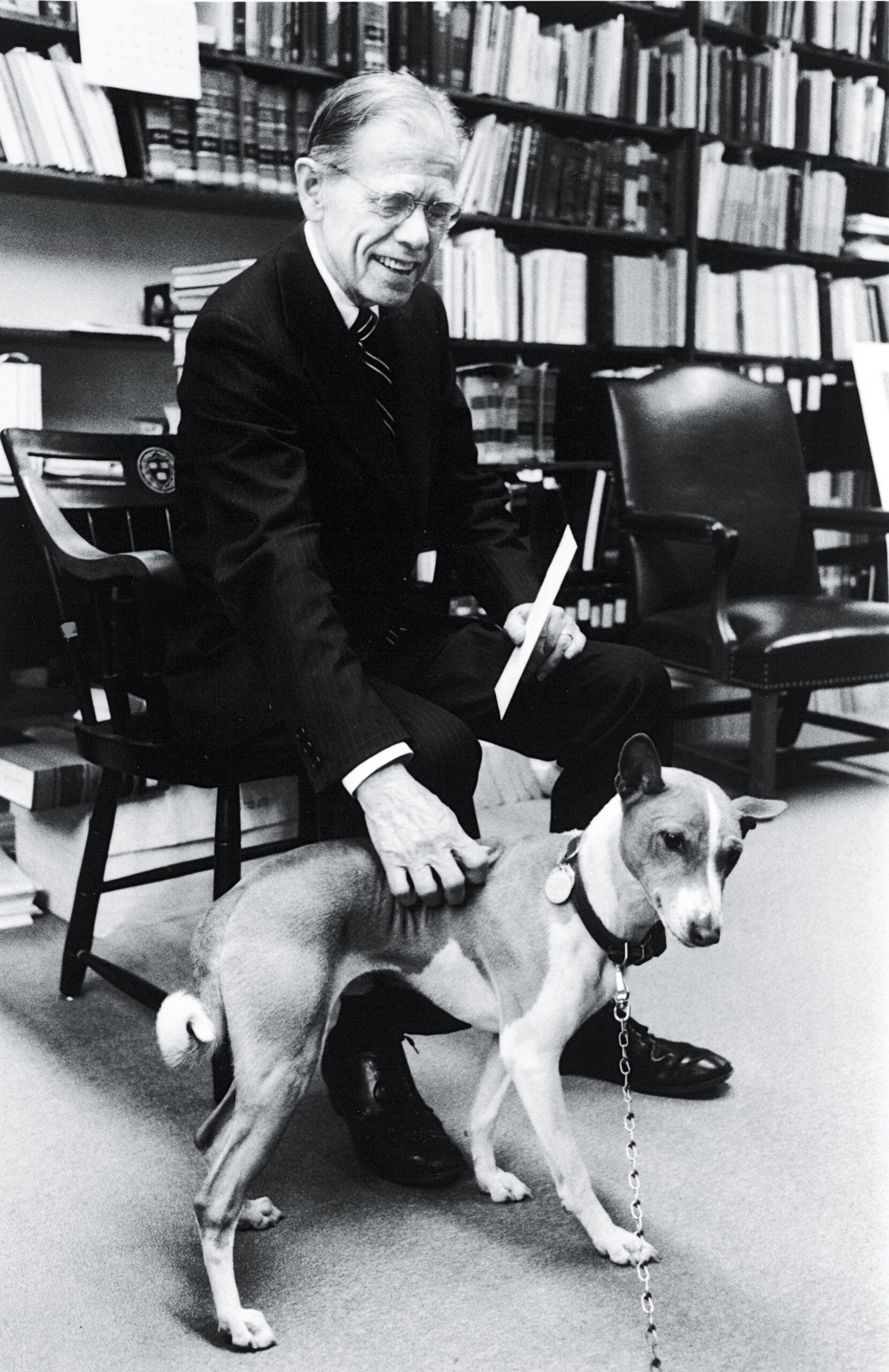
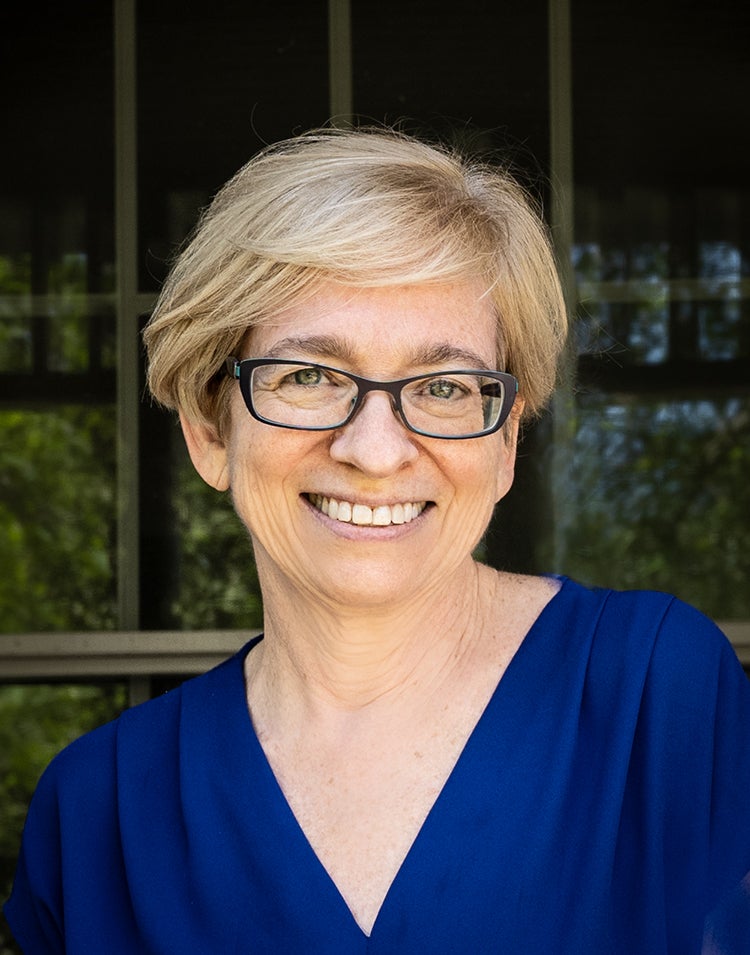
Chai Feldblum ’85
Civil rights leader and scholar activist for disability and LGBT rights
Martha Minow was one of the reasons I came to Harvard Law School in 1982. She had just started teaching and I had the chance to meet her before I decided what law school to go to. And what a good choice that was! I had the chance to take a class with Professor Minow and to get to know her well. Her intelligence, her compassion, her insightful thinking, and her overall wisdom made learning with her a joy. I count myself lucky to have become a close friend and colleague of Martha Minow over the past 40 years. She is a true mentor — in all aspects of that word.
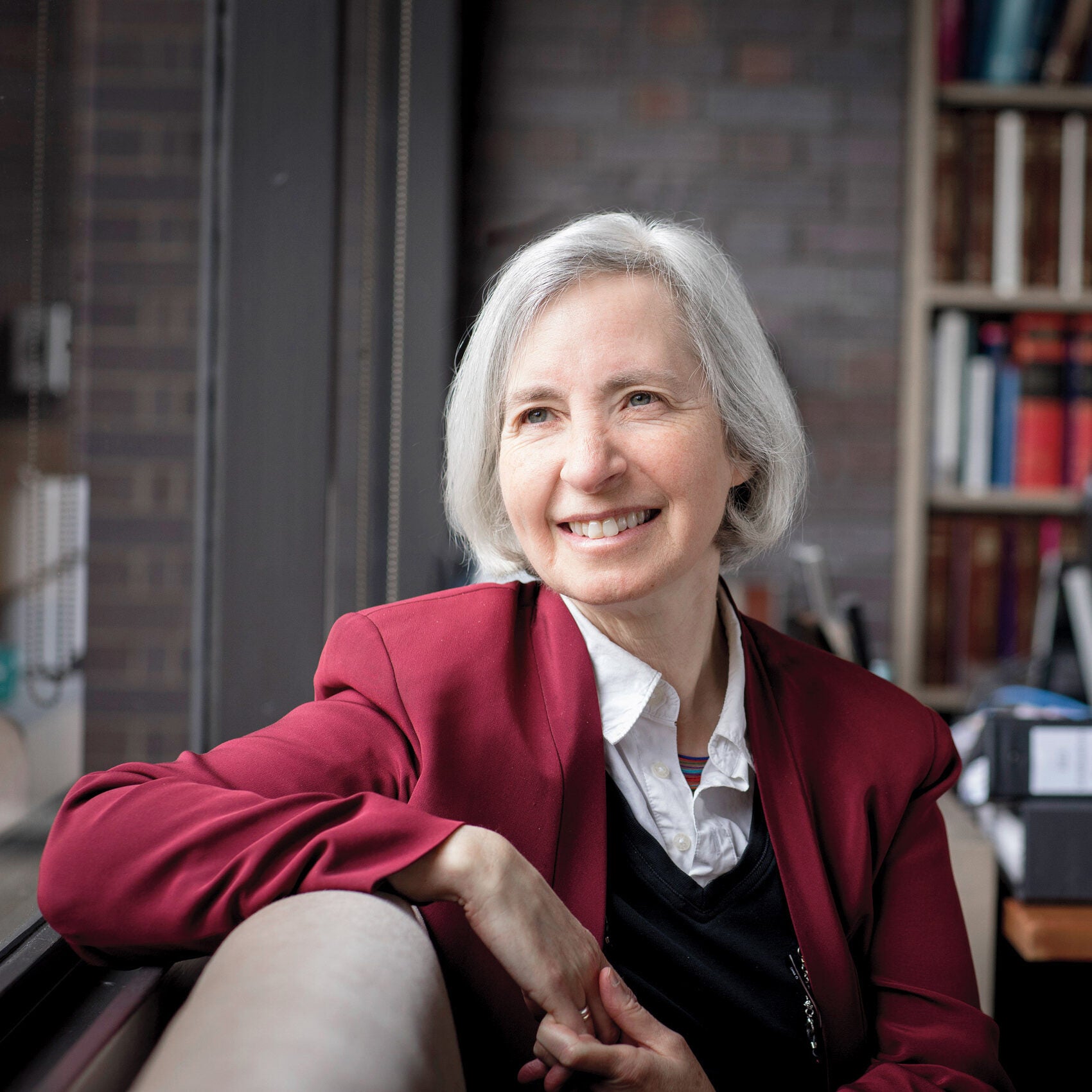
Larry Tribe was my constitutional law professor, and that class blew me away. I then had the good fortune to work for Professor Tribe as a research assistant. What an opportunity that was! The work was intense and engaging, and talking through legal issues with Professor Tribe was exhilarating. Larry Tribe’s brilliance is stunning, but he always engaged with me and others working with him in a truly equal fashion. I learned law from Larry Tribe, but I also learned the importance of respect. I will always appreciate the support he gave me as I embarked on my legal career.
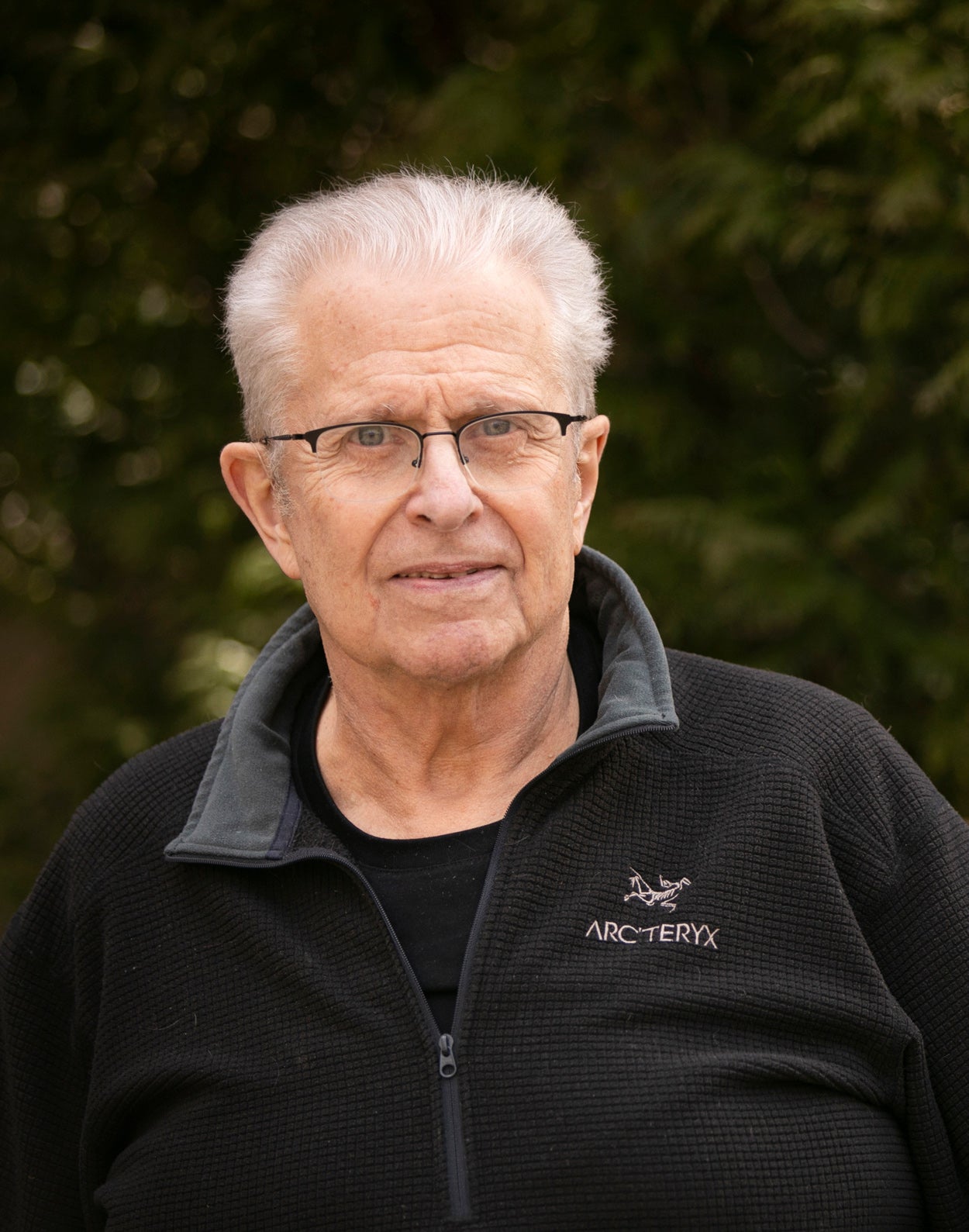
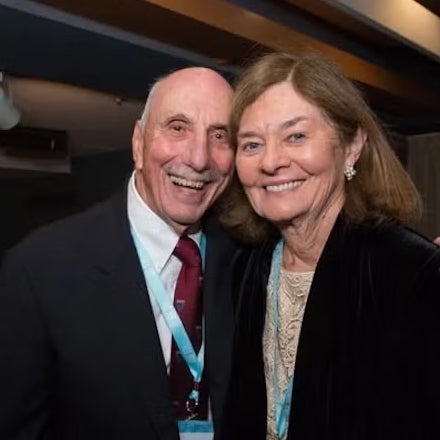
Tom Lamberti ’57
Labor and employment lawyer who practiced for more than 60 years
Archibald Cox had the most influence in my academic life and career. I took his Labor Law class and seminar. That convinced me to become a labor lawyer. I practiced over 50 years representing management in their negotiations with unions. I treated people with dignity and respect. I settled contracts which both sides accepted. I understood that management and labor were partners in their work. Archie was my mentor. He was a great teacher. He was a man of rectitude. He stood for justice and respect for the law. I can still see him driving his pickup truck in Harvard Square waving at me. During Watergate he spoke truth to power and was fired. America needs more lawyers like Professor Cox to save our democracy.
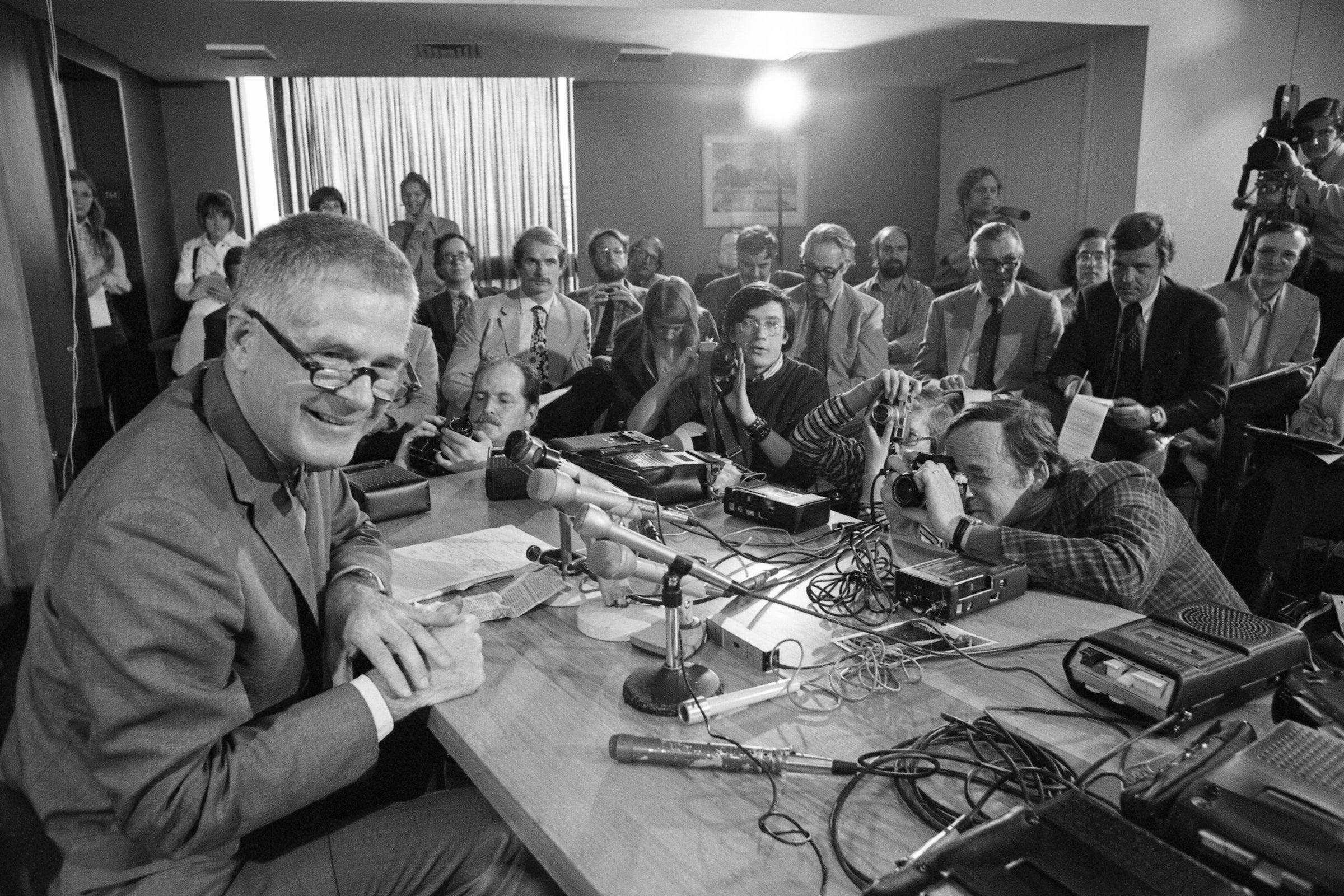
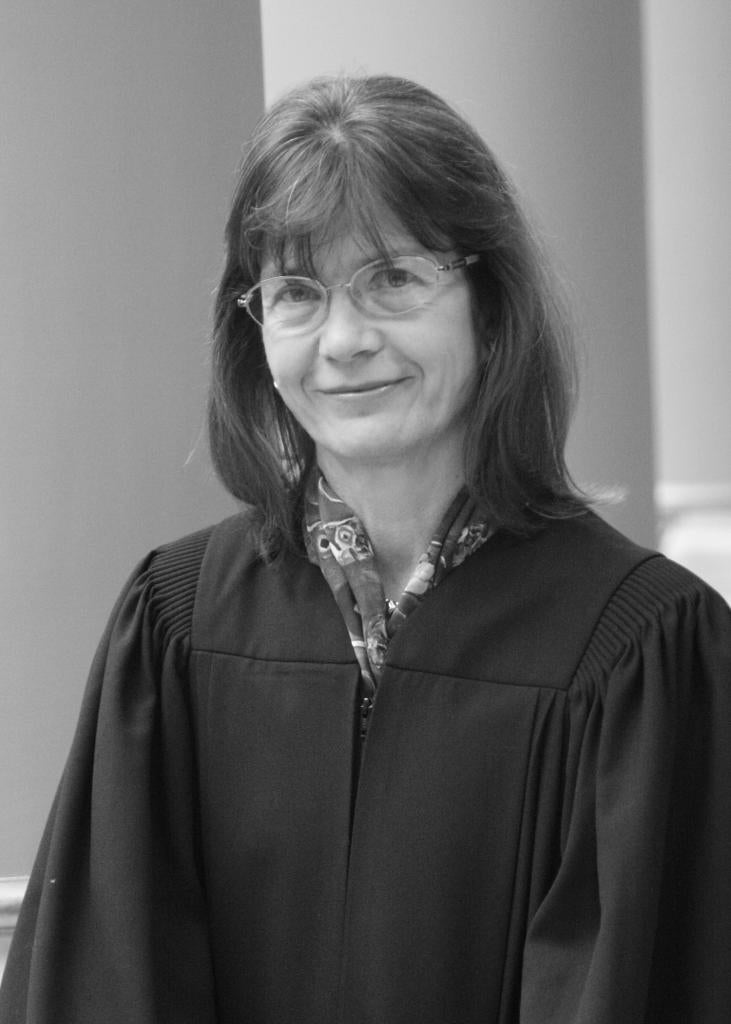
Elizabeth S. Stong ’82
Judge in the U.S. Bankruptcy Court for the Eastern District of New York
First, as to Professor David Shapiro. When I was a 1L in the Class of 1982, I had never heard of Civil Procedure — or the Federal Rules of Civil Procedure, or for that matter, any other Federal Rules. It was a full-year course, and in the Fall Term, our section’s “Civ Pro” professor was David Shapiro. Professor Shapiro had a huge impact on how I began to think about the law, and how I continue to think about it now as a federal judge. He was brilliant and insightful, of course — at HLS, that’s a given.
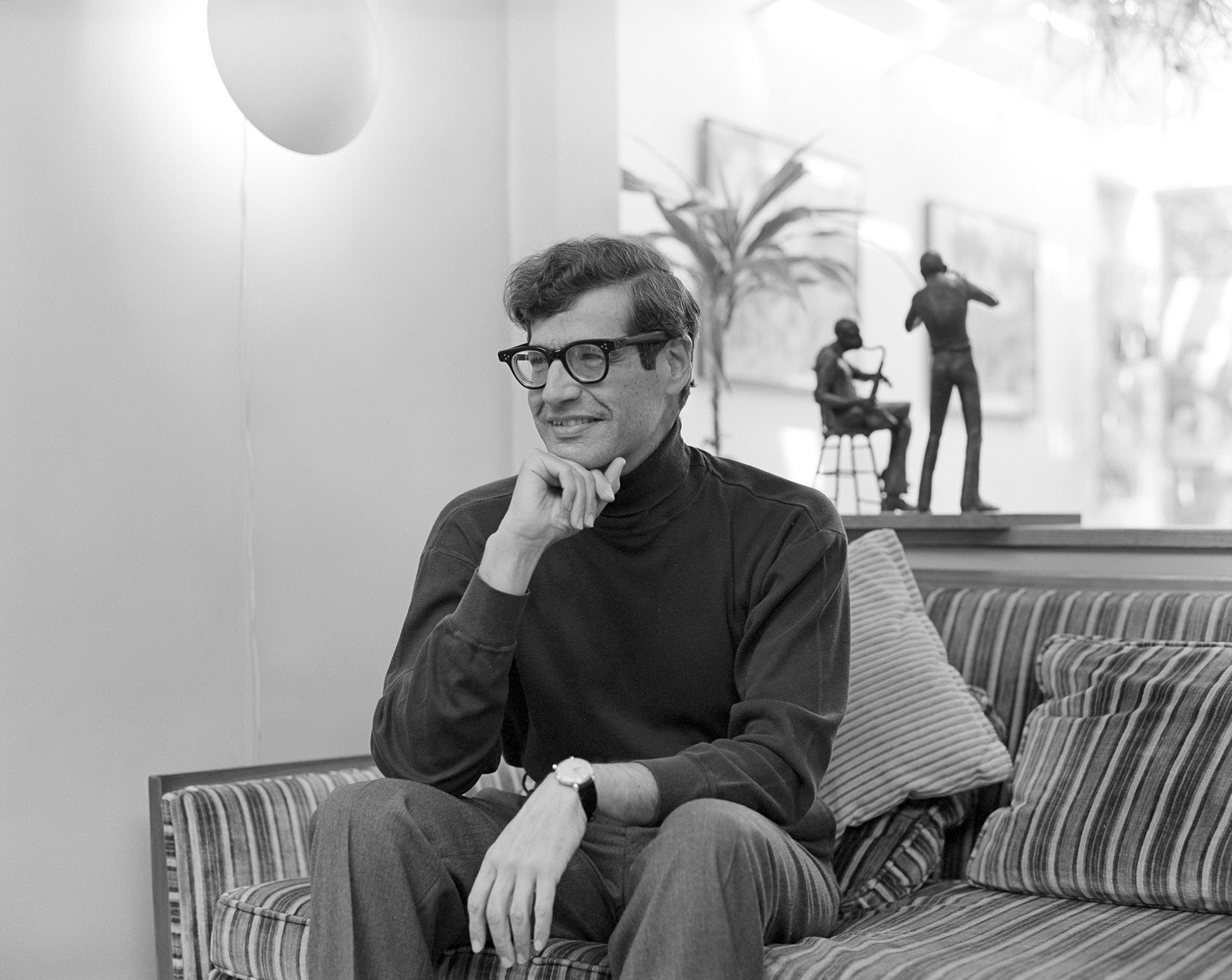
But the fundamental point that Professor Shapiro made, over and over again, without saying so in words, was that civil procedure and process — and those Federal Rules — were so much more than the rules of the road, or a litigator’s (or judge’s) toolkit. They were the gears, and the guardrails, and the mechanisms, to allow the federal courts to do the work of the justice system, and to permit a party to be heard. They were the foundation for making court processes fair. They created the balance between the law as it is (or seems to be), on the one hand, and the law as a party (or a judge) perceives that it should be, or could be, or must be. Procedure was process, and process was due process, which ensured an opportunity to be heard. I know from more than 20 years on the federal bench that notice and an opportunity to be heard is a big part of what makes the judiciary unique as a branch and ensures that the justice system has a good chance of delivering justice. For a naïve and idealistic 1L who had never met a lawyer, this was equal parts profound and magical.
And it wasn’t just that. At that time, Professor Shapiro was afflicted with a neurological and muscular condition that caused him to teach sitting down and at times, to gasp for breath. He was at pains to speak above a whisper. But his determination to teach and to bring us into the love of the law that clearly drove him was always inspiring, and occasionally nearly overwhelming. It seemed that if it was that important to him to teach us, then we owed it to him to hang on every word. I don’t think I’ve ever been more inspired by a professor.
Second, as to Professor Todd Rakoff. Our section had Professor Rakoff — in his first year of teaching — for Contracts, also a full-year course. At the end of our journey together, in the last class of the Spring Term, he shared many thoughts. Some concerned doctrine, others addressed the profession. But the one that I can still hear — literally — as many of us were headed off to first-year summer associate positions with law firms that we would now call “Big Law,” was this — “if those were such good jobs, why would they have to pay you so much to take them?” I spent about 20 terrific years in New York big firm private practice, and I loved it. But I never forgot that remark!
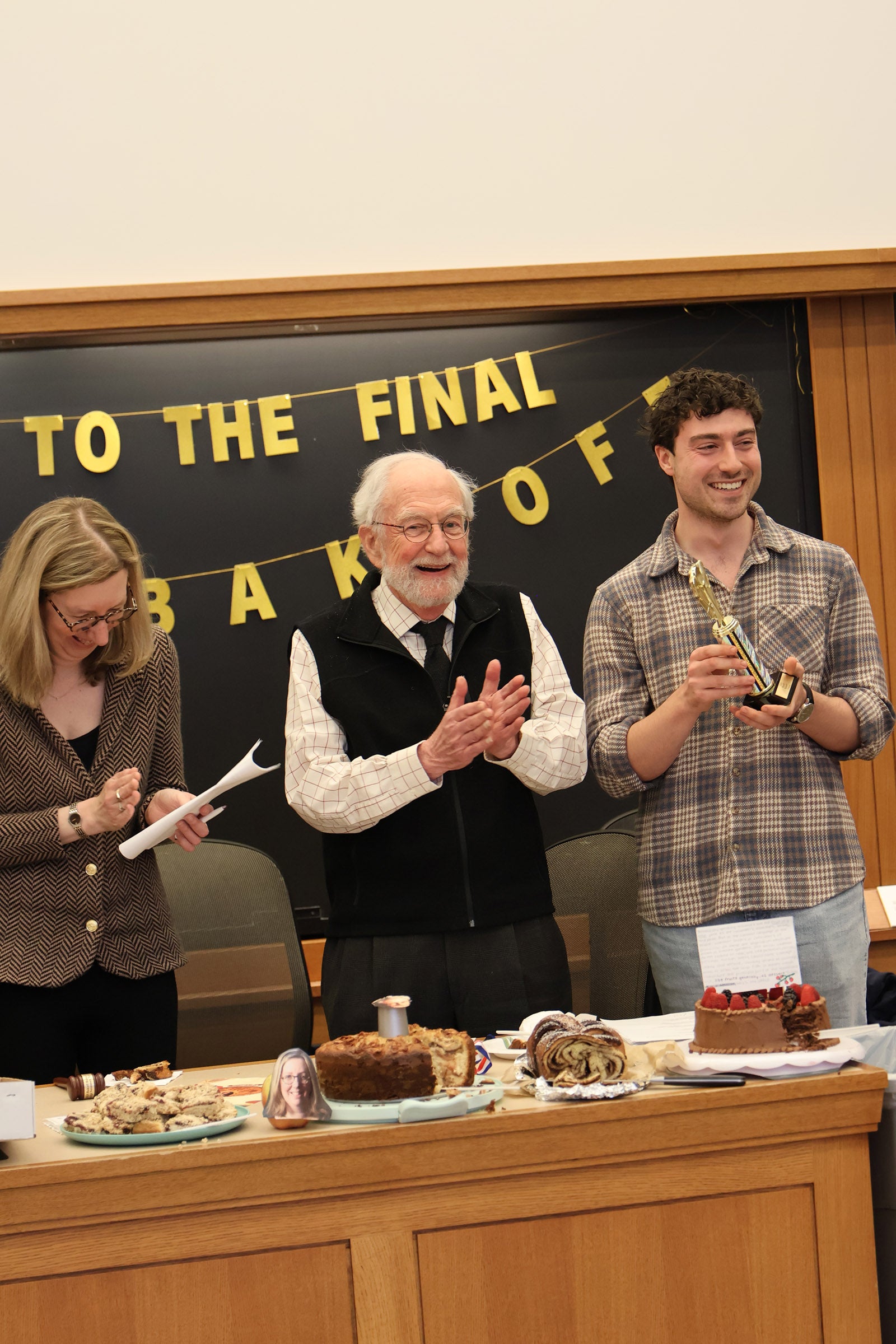
Want to stay up to date with Harvard Law Today? Sign up for our weekly newsletter.
